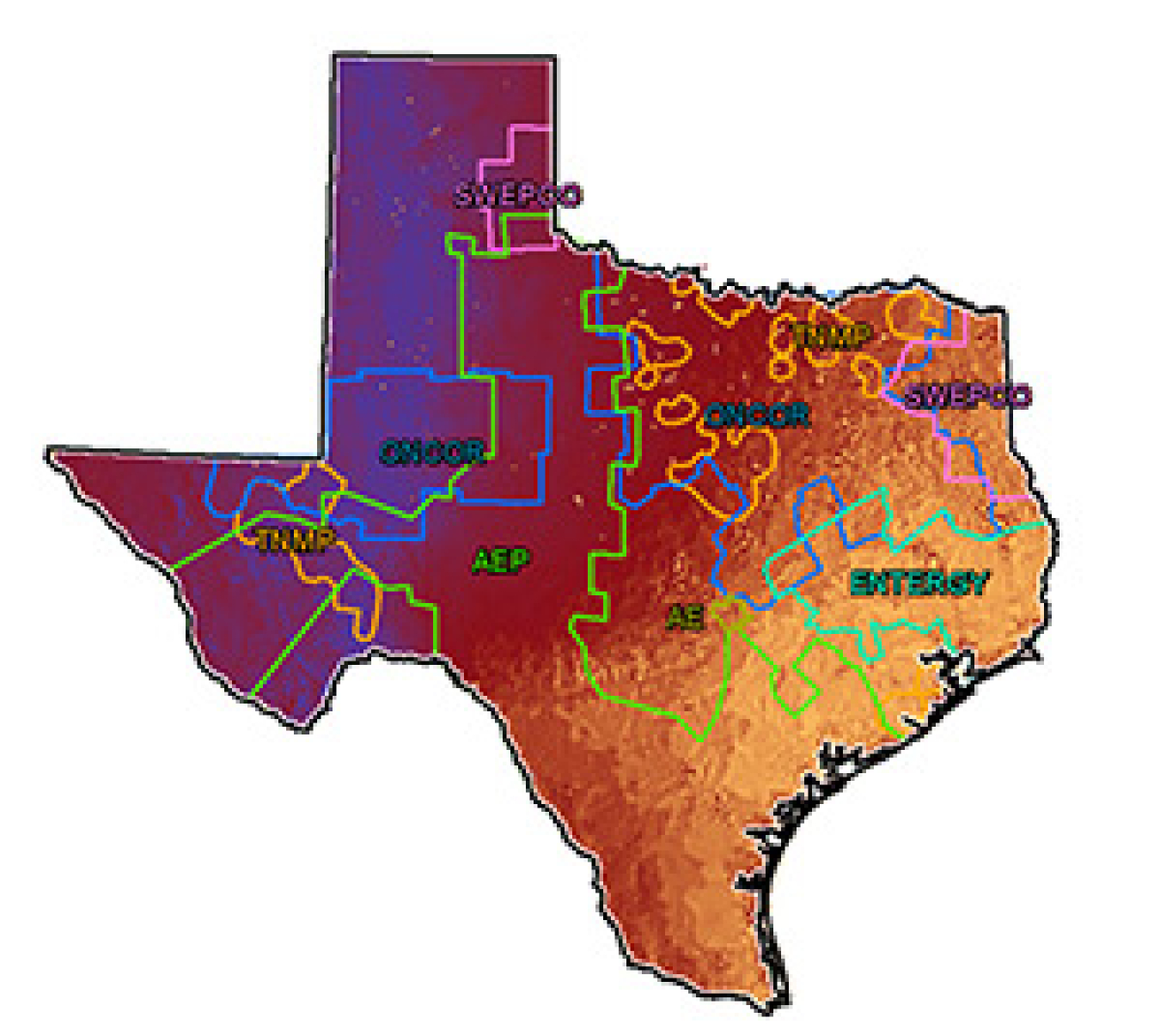-- This project is inactive --
The University of Texas at Austin, along with partners at Frontier Associates and Austin Energy, under the Solar Energy Evolution and Diffusion Studies (SEEDS) program, is developing an integrated model of solar diffusion within the socio-behavioral-technical framework for redesigning the solar strategies of electric utility companies to achieve maximum impact.
Motivation
The diffusion of solar energy technologies is affected as much by policy and business choices as by technical performance and features. While there are tried-and-true methods for measuring and improving photovoltaic hardware, data-driven techniques for analyzing the economic, financial, social, and behavioral aspects of solar energy are nascent. This project will develop an integrated modeling framework that combines survey research, econometric modeling, financial modeling, and implementation and evaluation of pilot projects to study solar energy within a socio-technical context.

Texas solar market transformation: Researchers are working in six utility service territories throughout the state to design and implement innovative solar-diffusion strategies.
Approach
A first-of-its-kind holistic dataset will be compiled that consists of technical, financial, demographic, social, and behavioral data of solar adopters and non-adopters across Texas. The data will form the basis for a generalizable model of technology diffusion that quantifies the economics of individual decision-making; peer and social influences; behavioral responses; and information and transaction costs. Next, a series of hypotheses for accelerating the solar diffusion process will be tested and ranked for effectiveness and efficiency, including modifications to solar rebate structures. The most promising approaches will be implemented as pilot programs with six partner electric utilities.
Impact
Project results will be directly applied to improve the efficiency and effectiveness of the solar programs of six utilities in Texas who will serve as the industrial hosts. The modeling framework and results will be generalizable to other emergent energy technologies such as electric vehicles.
